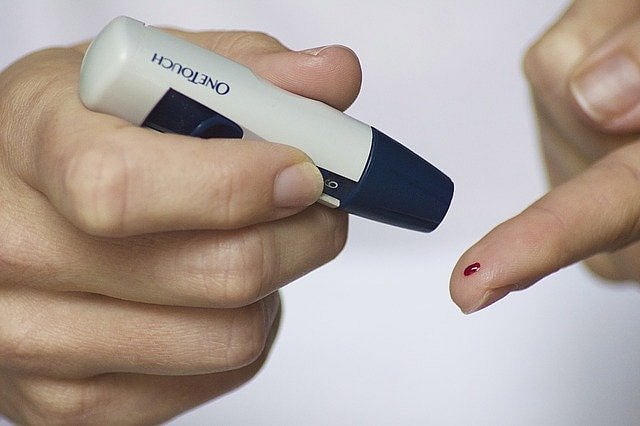Indian-origin researcher Sanjay Rajagopalan from the University Hospitals Harrington in the US has found that air pollution can play a role in the development of cardiometabolic diseases such as diabetes.
A study, published in the Journal of Clinical, discovered that air pollution was a risk factor that contributed to the common soil of other fatal problems like heart attack and stroke. "In this study, we created an environment that mimicked a polluted day in New Delhi or Beijing," Rajagopalan said.
"We concentrated fine particles of air pollution called PM2.5. Concentrated particles like this develop from human impact on the environment, such as automobile exhaust, power generation and other fossil fuels," he added.
These particles have been strongly connected to risk factors for disease. For example, the cardiovascular effects of air pollution can lead to heart attack and stroke.
The research team has shown exposure to air pollution can increase the likelihood of the same risk factors that lead to heart diseases, such as insulin resistance and type 2 diabetes.
In the mouse model study, three groups were observed: a control group receiving clean filtered air, a group exposed to polluted air for 24 weeks, and a group fed a high-fat diet.
Interestingly, the researchers found that being exposed to air pollution was comparable to eating a high-fat diet. Both the air pollution and high-fat diet groups showed insulin resistance and abnormal metabolism - just like one would see in a pre-diabetic state.
These changes were associated with changes in the epigenome, a layer of control that can masterfully turn on and turn off thousands of genes, representing a critical buffer in response to environmental factors.
This study is the first-of-its-kind to compare genome-wide epigenetic changes in response to air pollution, compare and contrast these changes with that of eating an unhealthy diet, and examine the impact of air pollution cessation on these changes.
"The good news is that these effects were reversible, at least in our experiments. Once the air pollution was removed from the environment, the mice appeared healthier and the pre-diabetic state seemed to reverse," the author wrote.









